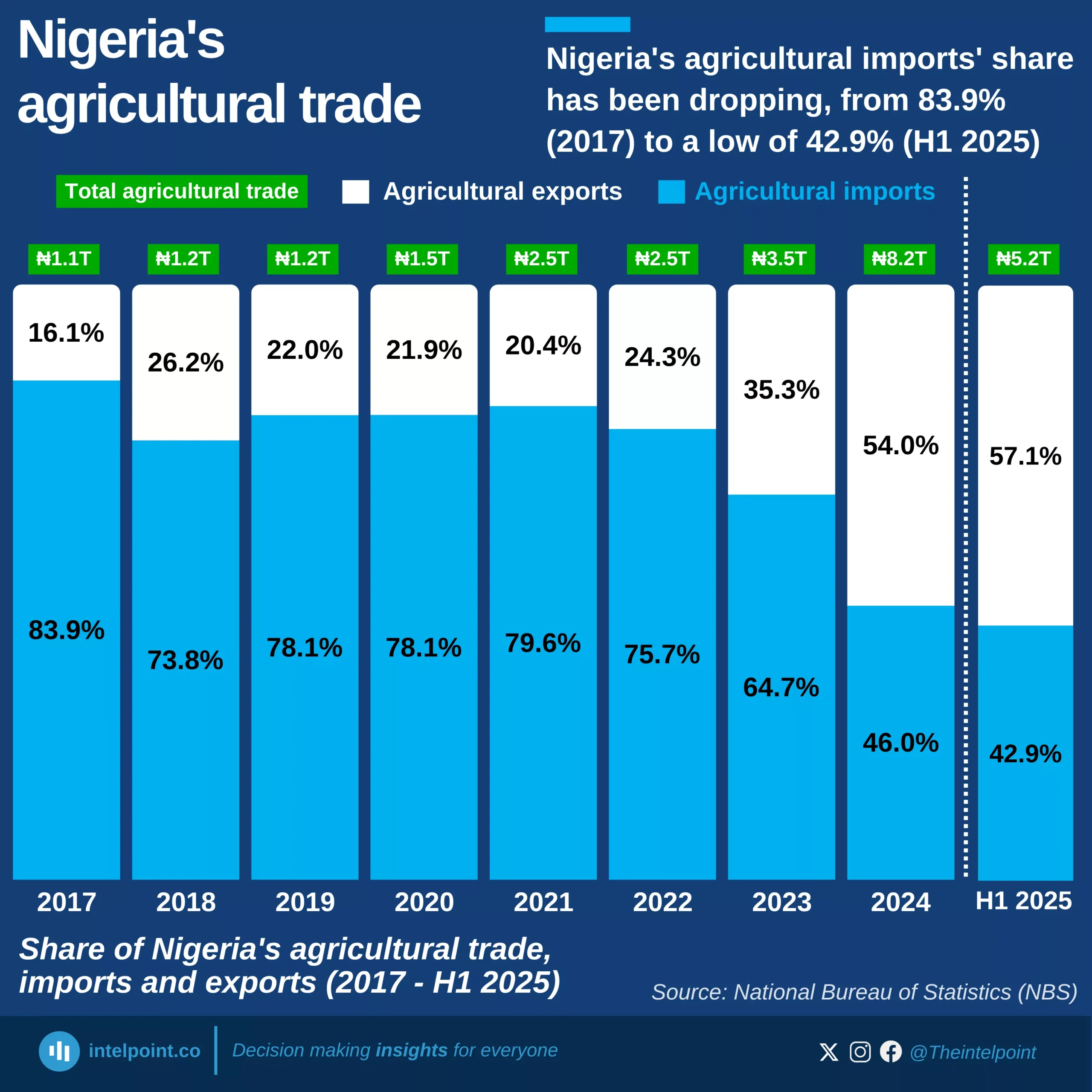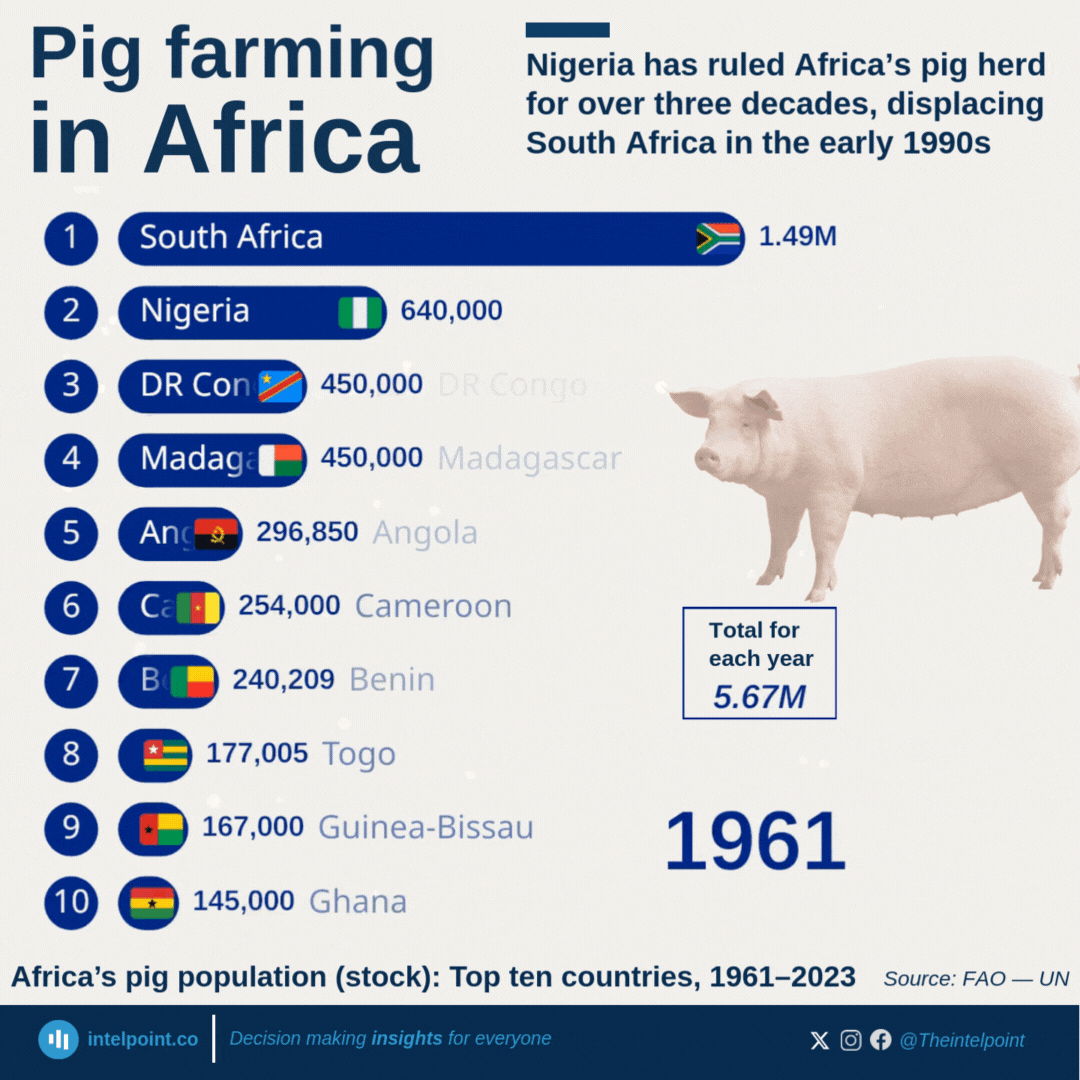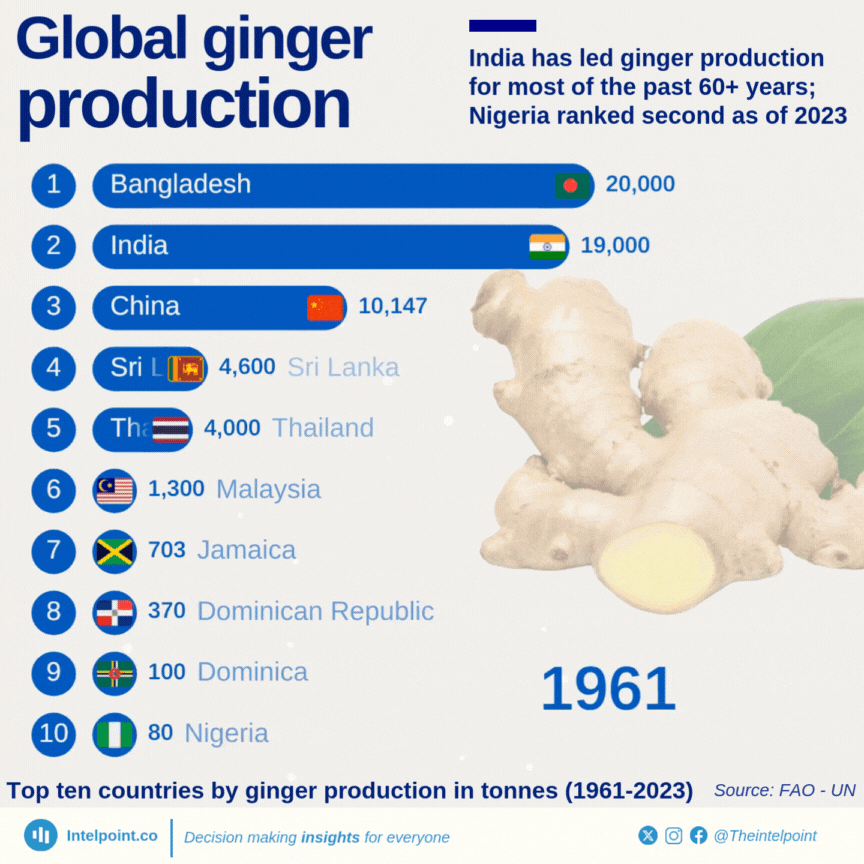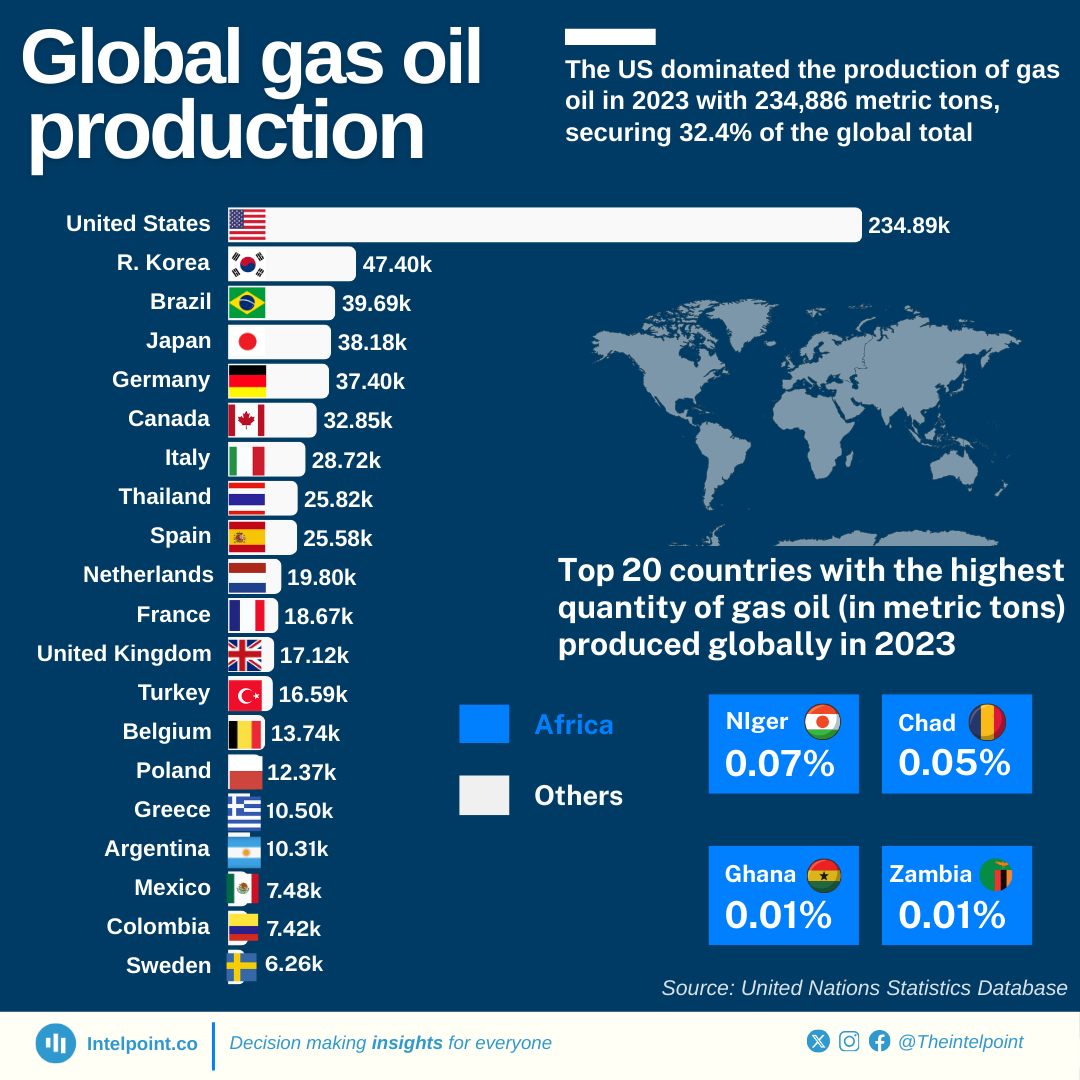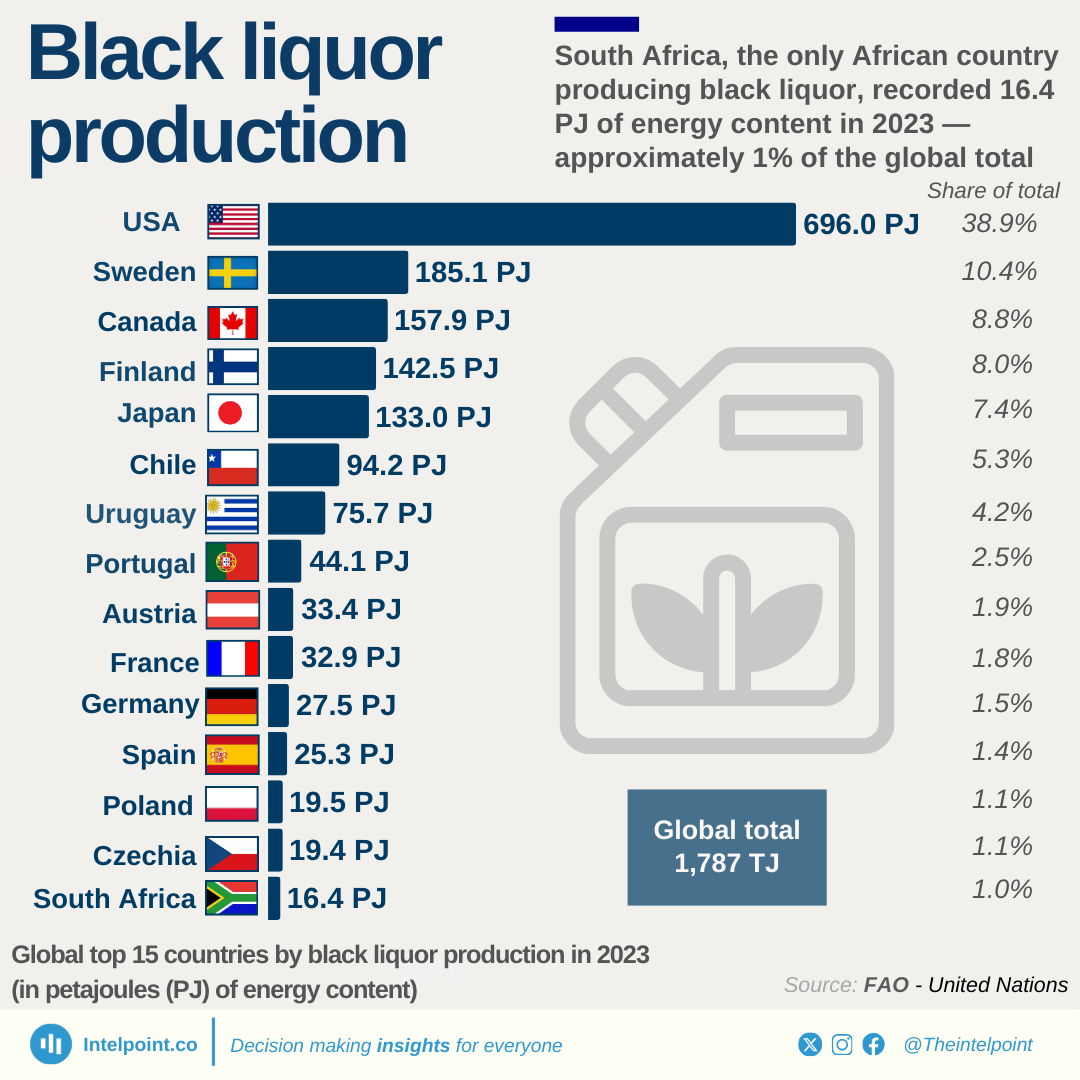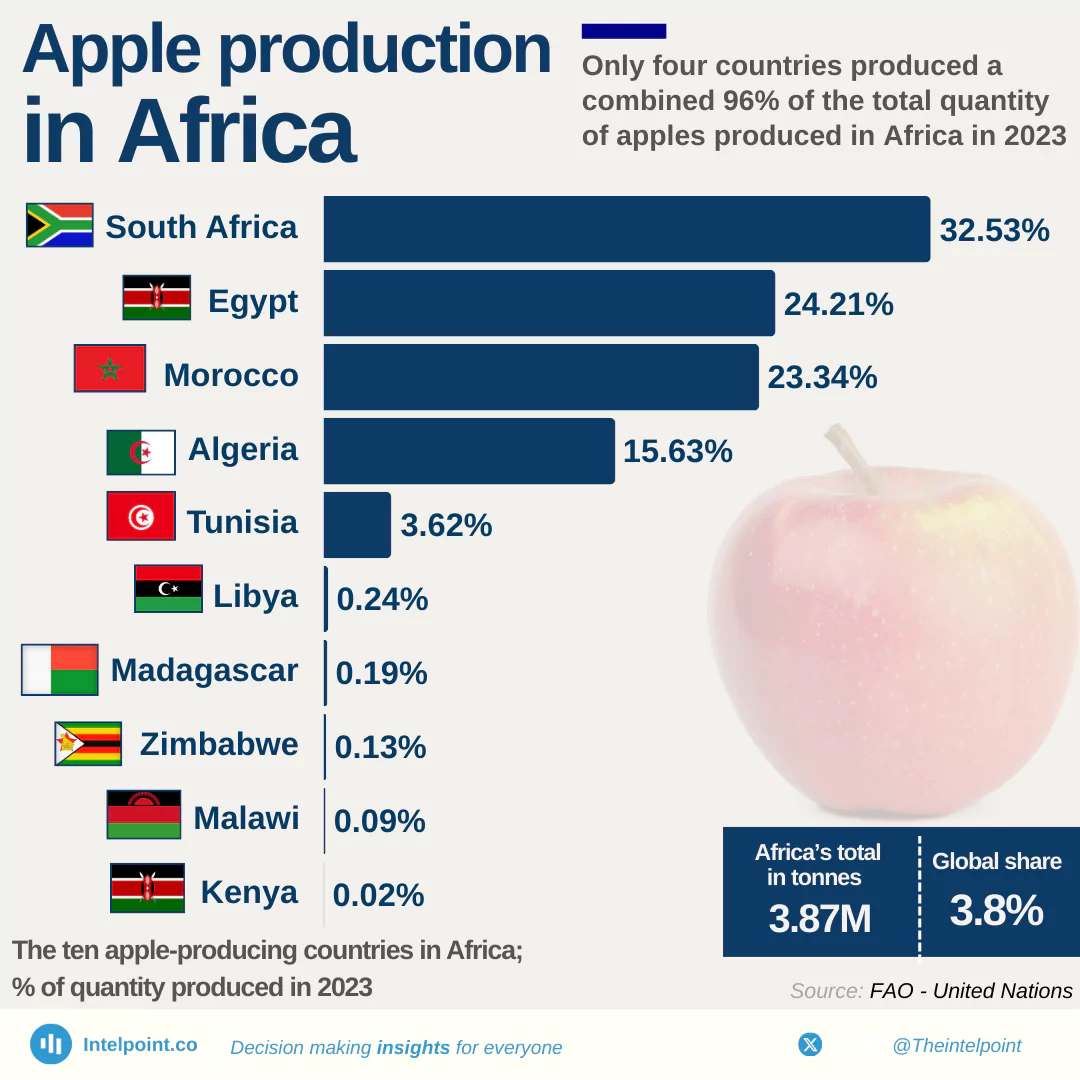Key Takeaways:
From 1961 to 2022, the former Sudan held the position of Africa’s leading sesame seed oil producer, contributing the largest share of output for nearly five decades. This dominance was largely due to favourable climate conditions and supportive agricultural policies that promoted sesame-oil seed cultivation.
After the country's division in 2011, both Sudan and South Sudan continued to rank among the continent’s top producers, each contributing significantly to Africa’s overall sesame oil output.
Nigeria has also maintained a strong presence over the decades. Although its production has fluctuated due to shifting agricultural priorities and economic challenges, the country’s continued relevance in recent years underscores its agricultural capacity and diversity.
Meanwhile, Sub-Saharan Africa countries collectively produce majority of Africa's sesame seed oil, despite Sudan being the largest producer. The contribution of SSA countries is mostly due to its favourable climates and soil conditions that support sesame farming with low input costs, making it attractive to smallholder farmers.
